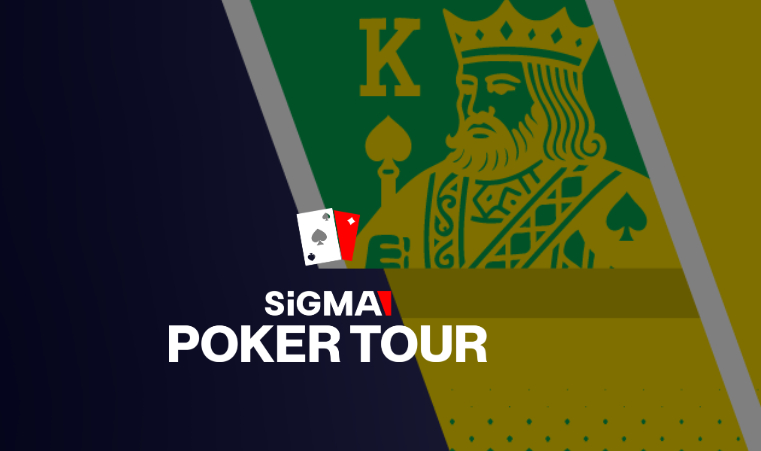Engaging in online poker tournaments requires a blend of strategy, adaptability, and psychological insight. These competitions can vary greatly in terms of format, stakes, and player skill levels. A keen understanding of the dynamics at play is essential for anyone looking to enhance their performance.

The world of online poker tournaments offers both excitement and challenge, with countless opportunities for players to test their skills against others from around the globe. With the right strategies and preparation, you can significantly increase your chances of success. It’s crucial to approach each tournament with a solid game plan and the mental resilience to navigate the highs and lows that come with competitive play. Visit www.theonlinecasino.com for more insights and resources to improve your game.
Understanding different tournament formats
Online poker tournaments come in various formats, each offering unique challenges and opportunities. Some of the most popular types include Sit & Go’s, multi-table tournaments (MTTs), and knockout tournaments. Sit & Go’s are ideal for players who prefer short, quick games as they start as soon as enough players join. Multi-table tournaments, on the other hand, attract large numbers of participants and require players to outlast many others to reach the final table.
Understanding the structure of these tournaments is vital for devising effective poker strategies. For example, knockout tournaments offer bounties for eliminating opponents, adding another layer of strategy to gameplay. As you participate in different formats, observe how blind levels increase and adjust your play style accordingly. This knowledge will help you choose the right tournaments that align with your strengths.
Developing strategies for success
One key aspect of succeeding in online poker tournaments is mastering bankroll management. Properly managing your bankroll ensures that you can withstand losses without significant financial strain. Set aside a specific amount dedicated solely to tournament play, and avoid entering games beyond your budget.
Risk assessment is another crucial element. Evaluate your opponents’ playing styles early in the game to make informed decisions about when to play aggressively or conservatively. Adapting your strategy based on your position at the table and stack size relative to others can give you a significant advantage.
It’s also essential to develop patience and discipline, as these traits will help you make rational decisions under pressure. Avoid tilting by maintaining emotional control, even when faced with setbacks.
Optimizing your gameplay
Understanding player dynamics is fundamental to optimizing your gameplay during online poker tournaments. Observing opponents’ behavior can provide insights into their strategies and potential weaknesses. Are they aggressive or conservative? Do they bluff frequently? Use this information to adjust your approach accordingly.
Adapting to different tournament stages is equally important. Early stages require building a strong chip stack without taking unnecessary risks, while later stages demand more aggressive tactics as blinds increase. Recognizing when to shift gears is key to maintaining momentum throughout the tournament.
Additionally, refining technical skills such as calculating pot odds and reading hands can significantly enhance your decision-making process. Practice regularly on platforms offering diverse game options to improve these skills over time.
Mental preparation for tournaments
Mental preparation is often overlooked but crucial for succeeding in online poker tournaments. Before entering a competition, ensure you’re in the right mindset by setting clear goals and focusing on long-term growth rather than short-term wins or losses.
BOOK REVIEW: The Mental Game of Poker
Managing emotions during gameplay can be challenging but is vital for maintaining focus under pressure. Develop techniques such as deep breathing or visualization exercises to stay calm during tense moments at the table.
Finally, continuous learning through reviewing past performances will help identify areas where improvements are needed—whether it’s adjusting strategies or improving technical skills like hand reading accuracy or bluff timing precision.





